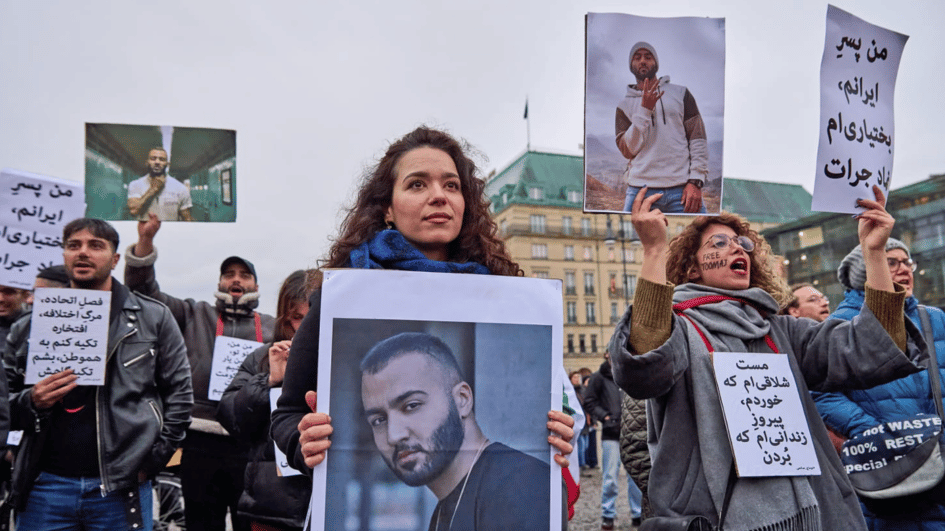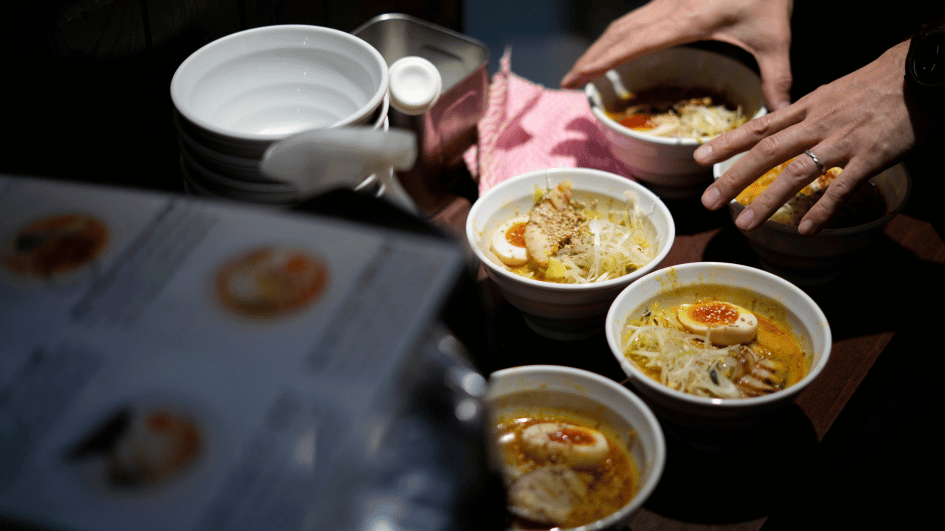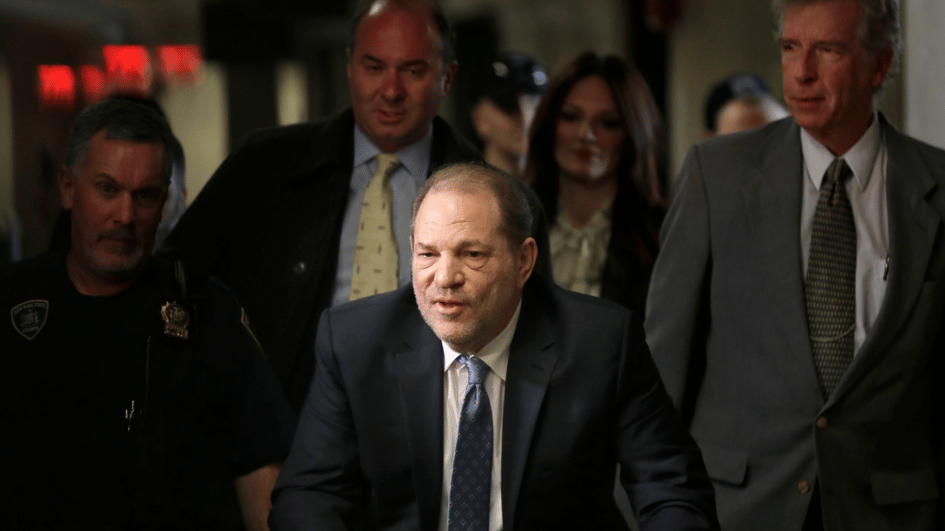Next issues: Presidential polls, Kurdish autonomy and Syria
If we are reading Turkish Prime Minister Tayyip Erdoğan’s victory speech on the night of the March 30 local elections correctly, there is no vow of moderation and no sign of relief ahead in Turkish politics.
Perhaps the only expectation might be in the field of diplomacy; a normalization process could start with Israel, as promised to U.S. President Barack Obama. But not in domestic politics.
The first target of the post-local elections era could well be the supporters of his former ally, Fethullah Gülen, the moderate Islamist scholar living in the United States. Erdoğan openly said he would root out Gülenists, especially after the tapping of the secret Foreign Ministry meeting on Syria. Gülenists, on the other hand, failed to prove in the elections that they have the power they pretended to have to deliver a blow to Erdoğan’s Justice and Development Party (Ak Parti) government.
But there are other reasons for the continuation of political tension in Turkey.
There are presidential elections in August and its campaign is likely to start by June; that is in two months’ time.
It is no secret that Erdoğan wants to replace his long-time colleague Abdullah Gül as president.
If it would be through the former system in which the Parliament would elect the President, that wouldn’t be a problem given the seat domination of the AK Parti.
But as a reaction to a military statement in 2007, Erdoğan had pushed for the president to be elected by popular vote.
Turkish people are going to vote for the next president, who will be elected for a five-year term (with the possibility of a second term) through a two-round election with a difficult 50-percent-plus-one vote.
It is still possible that Erdoğan will wait for parliamentary elections to be held on time in June 2015 and lets Gül be president for a second term with AK Parti and additional support.
Erdoğan secured 46 percent of the vote for the AK Parti in the local polls. In order to close the gap, he needs to have alliances.
An alliance with the Peace and Democracy Party (BDP), which is focused on the Kurdish problem, is one of possibilities. The BDP seems to help the AK Parti in cities where they are not in competition; there is a convincing trace of collaboration in cities like Istanbul, İzmir, Ankara, Hatay, Adana, Mersin and Erzurum where BDP voters voted for their own candidates in constituencies (in some of them, they received local AK Parti support) and voted for the AK Parti for metropolitan municipalities.
That brings us to another issue ahead of Turkey. The BDP is not helping the AK Parti as a goodwill gesture. Selahattin Demirtaş, the BDP co-chair, had already announced during the election campaign that they wanted to “begin the construction” of Kurdish autonomy in the municipalities that they win.
All of the cities bordering the Kurdish regions of Iraq and Iran were won by the BDP. It had been discussed in a National Security Board (MGK) meeting in late January that the BDP was likely to announce limited autonomy in its municipalities. In his Nevruz message from prison, read in Diyarbakır on March 21, Abdullah Öcalan, the leader of the outlawed Kurdistan Workers’ Party (PKK), had said that in order to keep the dialogue with the government going to achieve results, they needed the incumbent government. That was very valuable support for Erdoğan.
In order to make such an alliance digestible for the AK Parti grassroots in deep Anatolia, Erdoğan could use his usual recipe from his back pocket, that is, a pinch of antagonism.
Syria is likely to be the antagonism looked for the presidential election, since it is has links with both the Kurdish problem and now the Gülenists, who are accused by Erdoğan of being behind the tapping of the Foreign Ministry’s meeting on Syria.
So sit down and keep watching closely; there won’t be a dull moment.











